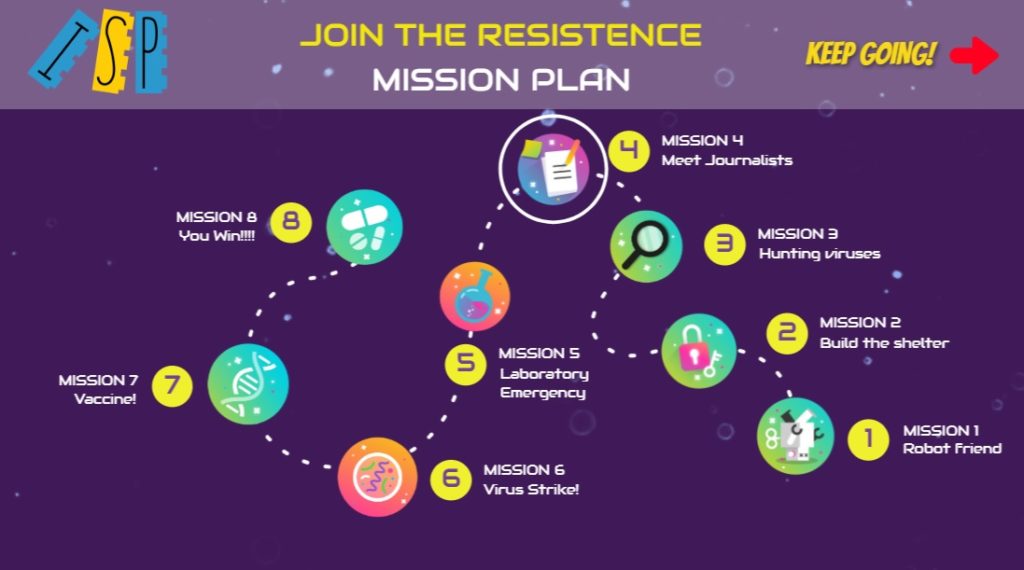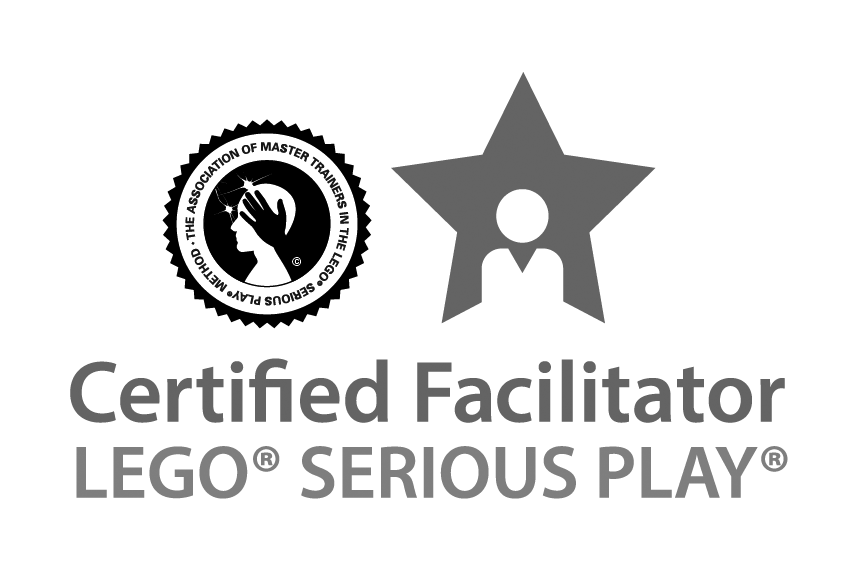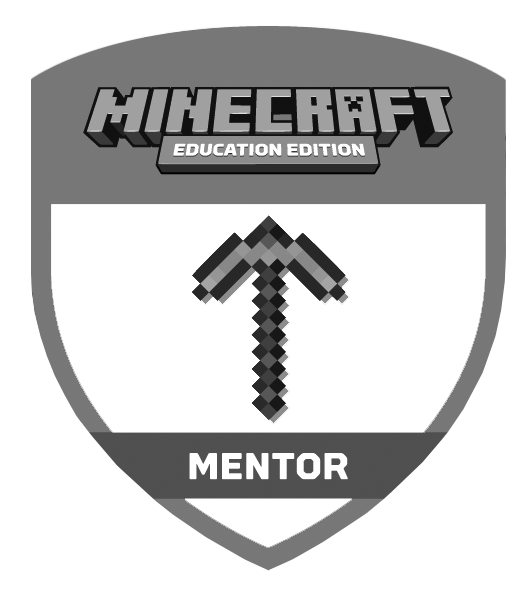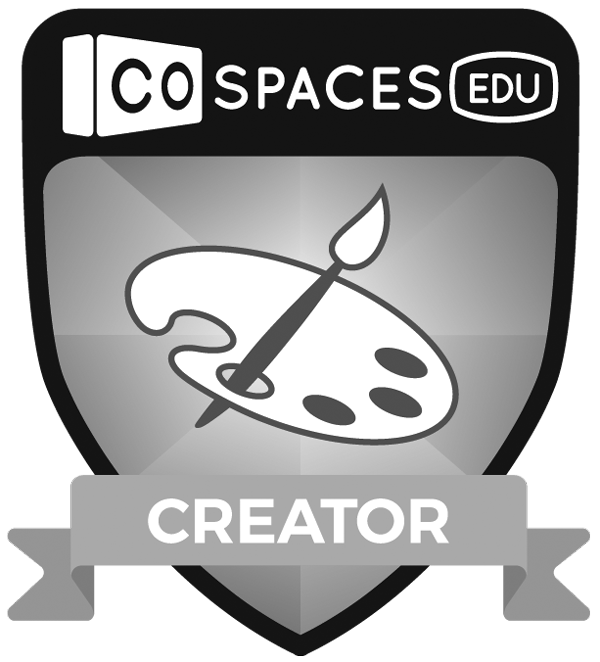Without a doubt, in-person training will coexist with distance technology; The role of teachers will be to facilitate and accompany the student rather than transmit knowledge.
Therefore, in this new learning context in 2020, the IGNITE Serious Play management and pedagogical direction team has designed and implemented its own STEAM learning system. The bases of gamification and the development of the new STEAM skills of the XNUMXst century have been taken into account:
Much more than Robotics
We develop all the aforementioned competencies in a technological extracurricular format, curricular support, as well as online virtual extracurricular activities.
The forced transition of thousands of students, from an in-person extracurricular Robotics and Programming activity, to an online virtual environment, has allowed us to reach an optimal degree of maturity. With this maturity we have managed to provoke effective and productive learning of the new STEAM skills of the 21st century (students in the Infant, Primary and Secondary stages).
In this journey towards online extracurricular activities, we have also helped our regional partners (IGNITE franchises), in cities such as Barcelona, Madrid and Zaragoza. This support for IGNITE franchises has allowed them not only to maintain groups of students in technological extracurricular activities, but also to increase the number of new individual students.
Adapting extracurricular robotics and education in general
The health emergency that has occurred globally has disrupted the educational system. Suspending classes throughout Spanish territory was the first measure adopted by the government. And with it a series of decisions that those responsible for the educational centers had to adopt on the fly; among them, adapting the training to a new distance format, ensuring that no student was left unattended because they did not have the technological means to continue with the training.
In this period of global transformation to online STEAM activities, we have helped our students develop their digital competence, through new relationship models with teachers and classmates.
For example, in our online technology extracurricular activities you develop a range of different communication skills through unified communications: Video conferencing, desktop sharing, and silent conversation (chat).

Extracurricular robotics and programming
The advice of our teachers of online technological extracurricular activities such as Robotics and Programming; They help students develop skills that are useful across the curriculum and in project-based learning. They acquire these skills during this period, although they will continue to implement them when they return to the classrooms.
There's nothing like the smile on a student's face after completing an online tutoring with one of our senior STEAM teachers. When done well, with preparation and practice, such conversation gives students a sense of accomplishment, relevance, and creativity in their environment.
Video conferencing requires students to listen, concentrate, think, and react appropriately to what the other person is saying. When students attend an online extracurricular class, they need to previously evaluate what they do not know, a metacognitive skill. This way they learn a lot about the topic of the session because otherwise the interview would be uncomfortable.
This is real life, with real consequences if they are not prepared and a real reward if they do well: the heart of project-based learning, and the author's gamification system that we fully implement in our online extracurricular activities.
Educational robotics, from the face-to-face model to the online model
Even when we talk about the Educational Robotics activity, despite not having the robot at home, students develop their creativity by machining prototypes with recyclable elements or consumables that they have at home. For this reason, the students themselves transform the usual Educational Robotics activity into a fully creative Maker & Tinkering activity with the available resources (cardboard, wood, etc.); For example, in the Educational Robotics activity these weeks we have developed emanems vending machines, cardboard automata, as well as Chain Reaction systems.
Listen and really try to appreciate where another student present in the online extracurricular activity is coming from; It is also an exercise in empathy and discovering how to behave and relate.
In the sessions these days in the online technological extracurricular activities, students from Madrid, Barcelona, Zaragoza, Valencia, etc. are coexisting; all of them in the same Zoom videoconference, where they share their best approaches and ideas in the STEAM extracurricular activity itself.

Learn programming and robotics by practicing English
These skills developed in the Robotics and Programming sessions in English are an excellent way to address effective communication in the English language (linguistic competence), evaluate relevant information, as well as reinforce digital literacy standards and creation of multimedia presentations.
The gamification process that we implement in the STEAM learning process empowers students through the production of video stories about important topics in their lives and communities; areas of Maker Robotics, Programming, 3D Design and Virtual Reality.
The teachers of our technological extracurricular activities help students know how to behave in this new context of online extracurricular activity; Some suggestions that we carry out week after week:
- Prepare a list of questions in advance, realizing that you are immersed in a narrative, a story, where each week is a Netflix-type chapter.
- Maintain good eye contact, including looking up if they look down to refer to their Robotics and Programming work.
- Ask follow-up questions when an answer leads them to think about a solution they hadn't considered.
- Write open questions, using the five questions: who, what, where, when and why (plus how) to encourage the student in the video conference to speak at length.
However, a video conference is not just a conversation, so the role of our teachers in online tutoring is key to controlling the flow of STEAM narrative and learning.
Methodologies in virtual format: robotics, programming, mechanization...
Without a doubt, this period of full online service has allowed us to strengthen our gamification methodologies in virtual format; This has improved the level of attention of our students comfortably from home.
We are learning to do new things from home; mechanize a robot with cardboard and wood, program with Scratch to eliminate viruses, design a protective mask in 3D.
This is a before and after in the implementation of extracurricular activities of Robotics and Programming; We will reach a hybrid model of face-to-face classes and online narrative monitoring, where we can involve families.
Fathers and Mothers who are more involved with their children in the development of the new STEAM skills of the 21st century; Is a symbolic revolution beginning in the management of technological extracurricular activities?
Will parents and children learn Robotics and Programming collaboratively?
Not a day goes by that we are not moved by offline comments that families and educational centers send us; on the degree of satisfaction of the students attending our STEAM extracurricular activities week by week.
Let's PLAY, let's CREATE, let's IGNITE!







